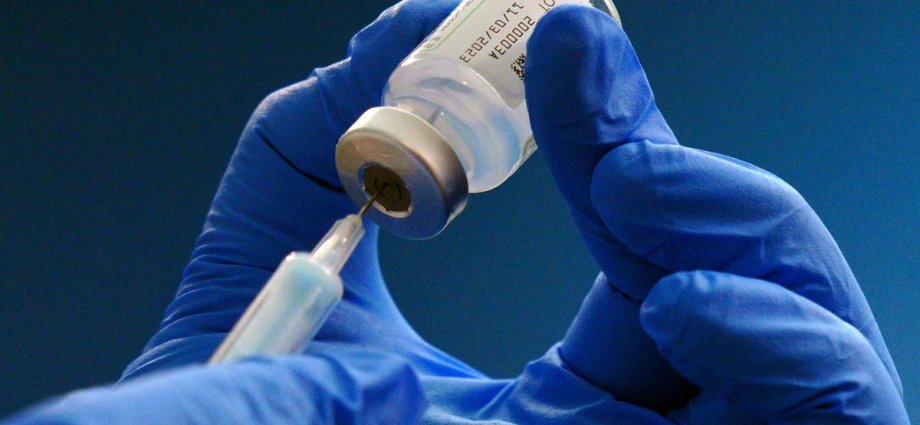The number of people going to hospital with Covid across Britain has risen at an “alarming” rate after a new variant of the virus emerged, the UK Health Security Agency (UKHSA) has warned.
UKHSA figures showed the admission rate for patients testing positive for Covid XEC stood at 4.5 per 100,000 people in the week to October 6 – up from 3.7 a week earlier.
The North East has seen the highest hospital admission rates at 8.12 per 100,000, and for those aged 85 and older, the rate is 52.48 per 100,000, according to the UKHSA.
Since the new strain is still only a sub-family of the same omicron lineage, experts say keeping up to date with vaccines and booster shots should offer sufficient protection against severe illness and hospitalisation.
Here, The Independent takes a look at who is eligible for a Covid booster jab in Britain and how to get one on the NHS or privately.

Who is eligible for the Covid jab?
The NHS has started offering autumn Covid boosters to the most vulnerable. The following groups can have an NHS Covid booster between 3 October and 20 December:
- over-65s
- people aged between six months and 64 years with health conditions that make them more vulnerable, including pregnant women
- people living in care homes for older people
- frontline NHS and social care workers, and those working in care homes for older people
How to get vaccinated?
Around 11million people have been contacted by the NHS directly. However, those who qualify for the jab can book their own appointments via the NHS App, external, GPs, pharmacies, drop-in clinics, external or by calling 119, external.
A number of High Street chemists and private clinics also sell and administer the Pfizer Covid vaccine directly to the public.
The cost varies from about £45 to £99. You need to be aged 12 or above, and must not have had a Covid vaccine in the previous three months.
Which Covid vaccines are used?
Vaccines from two companies are currently in use across the UK: Pfizer-BioNTech and Moderna.
People are advised to take whichever vaccine they are offered, as both provide protection against severe illness or death.











